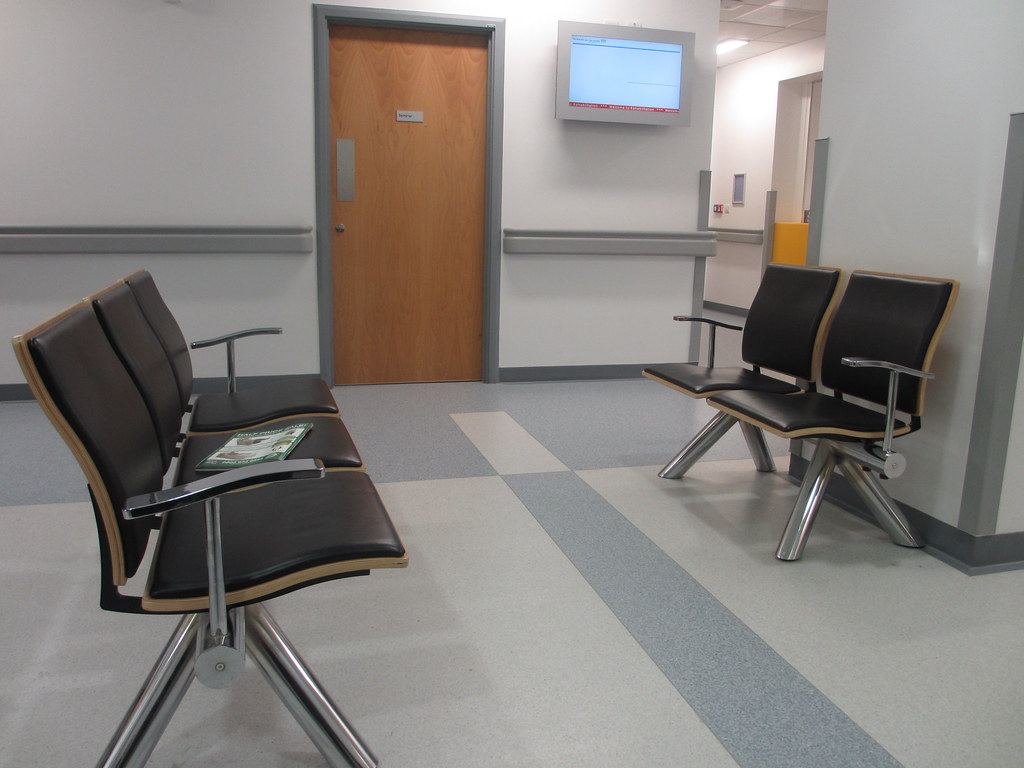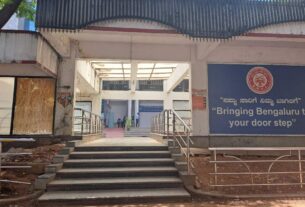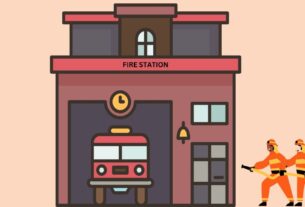Basic amenities missing in Namma Clinics, hampering access to healthcare for daily wage workers
Lack of basic amenities like water and limited operational hours of Namma Clinics, hinders access to healthcare facilities in the state. Namma Clinics are a state-driven initiative aimed at providing accessible and affordable healthcare services to marginalized communities.
Raju, a daily wage worker, expressed his frustration, saying, “I rely on Namma Clinics for medical assistance, but the lack of water supply and limited working hours make it difficult for me to seek treatment. My work gets over by 7 p.m. and by the time I reach Namma Clinic, it’s already closed.”
Launched in 2018 by the Government of Karnataka, Namma Clinics envisioned to cater to the healthcare needs of daily wage workers and other vulnerable populations. However, they are now grappling with many fundamental challenges. Despite directives from the Health Department to extend operational hours of 9 am to 12.30 pm and 2 pm to 4.30 pm till 8 pm to accommodate the schedules of working individuals, the clinics fail to fulfill even the basic requirements.
A report by the World Health Organization (WHO) and UNICEF Joint Monitoring Programme for Water Supply, Sanitation, and Hygiene (JMP) sheds light on the global magnitude of the issue. Shockingly, one in four healthcare facilities worldwide lacks adequate water supply, affecting over two billion people. This not only undermines infection prevention and control measures but also violates the dignity and rights of patients and healthcare workers alike.
The lack of water supply not only poses challenges for healthcare professionals but also for patients seeking medical attention. Senior citizens, particularly those with comorbidities, face significant hardship due to the absence of restroom facilities, compromising their comfort and well-being.
Jagadeesh Venugopal, a senior citizen said, “I have a lot of health issues, access to restroom facilities is important for my comfort when visiting Namma Clinics. The lack of water makes it harder for me to seek medicalcare.”
Swati, a nurse at Namma Clinic, expressed her frustration, saying, “Working at a Namma Clinic, I directly experience how the lack of water affects our ability to provide quality health care. It’s frustrating when we can’t even wash our hands or clean medical equipments properly.”
Dr. Priya Sharma, a public health specialist said, “Access to clean water is not a luxury but a fundamental human right, particularly in healthcare setting. The failure to address these deficiencies not only compromises patient care but also undermines the credibility of our healthcare systems.”
A spokesperson from the Bruhat Bengaluru Mahanagara Palike (BBMP) said, “We acknowledge the challenges and are actively addressing them. However, we are unable to specify a time for resolution at this moment.”
Dr. Kiran Kumar M., Public Health Expert said, “The lack of water and limited working hours are serious issues that can have a negative impact. Namma Clinics have the potential to be a game-changer for underprivileged communities, but these problems undermine that potential. The government must prioritize addressing these issues to ensure the initiative’s success. Providing accessible and affordable healthcare cannot be compromised.”




